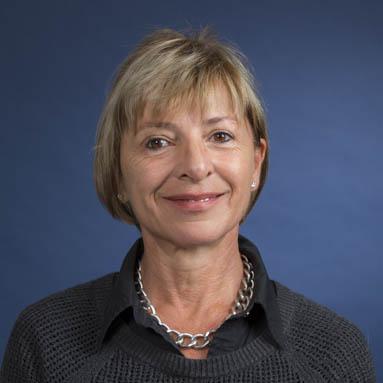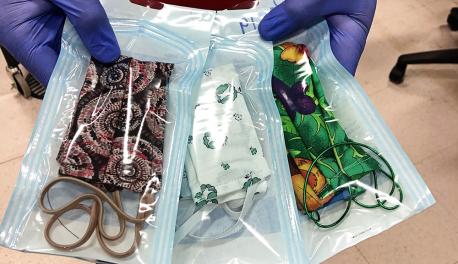

Our lab investigates the molecular basis of phenotype switching in human fibroblasts that can be modulated using defined extracellular stimuli. We evaluate the role of oxygen and growth factor FGF2 isoforms independently and in combination in order to identify key molecular mechanisms and pathways, some of which closely mimic mechanisms described in human embryonic stem cells. Extended lifespan of these cells in culture also offers us a model for investigation of molecular mechanism that are regulating cell cycle in the context of both aging and cancer. Chromatin modifiers from arginine methyltransferases (PRMT) family are being investigated for their role in epigenetic regulation of cancer stem cell phenotype, particularly in human gliomas.
The ability of human fibroblasts to switch phenotype are also being explored for applications in regenerative medicine. In particular we investigate molecular mechanisms leading to all three muscle cell phenotypes. We collaborate with biomedical engineers in constructing skeletal, vascular and cardiac tissue constructs for treatment of muscle-associated diseases and conditions. In the area of wound healing, we are focusing on the role of tryptophan metabolism and how activation of IDO1 pathway may be used to develop new strategies for regenerative dermal wound healing and eliminate scar formation.
Most recently, our interests have expanded to include investigations into plant-mammalian cell interfaces for advanced bio-manufacturing, development of novel biomaterials and for engineering of vascularized tissue constructs.
Scholarly Work
Novel Protein Arginine Methyltransferase 8 Isoform Is Essential for Cell Proliferation
FGF2 Overrides TGFβ1-Driven Integrin ITGA11 Expression in Human Dermal Fibroblasts
Expression and differentiation between OCT4A and its Pseudogenes in human ESCs and differentiated adult somatic cells. PLoS One
Patents

